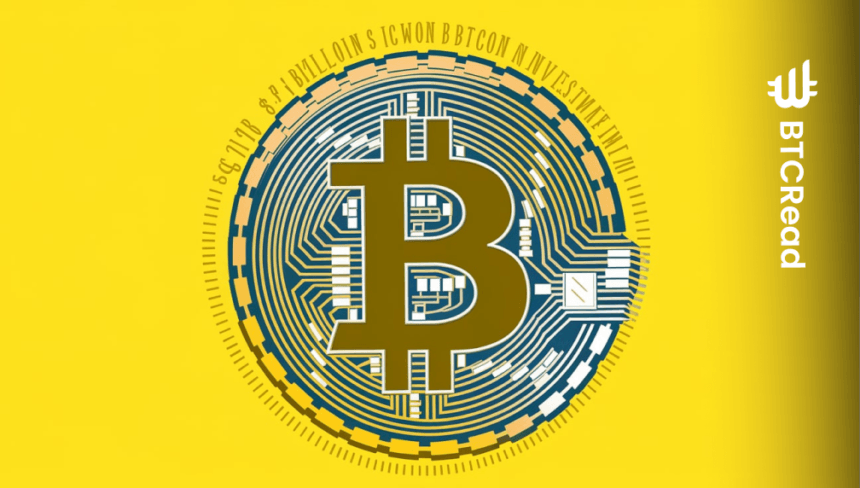Spot Bitcoin ETFs have attracted significant inflows since launching in Jan. 2024. Investors have poured in $38.6 billion, but only $17.5 billion, or 44%, represents a true long-term investment. According to a crypto research firm, 10xresearch, the rest, 56%, is likely tied to arbitrage strategies.

Arbitrage traders take advantage of price differences between Bitcoin ETFs and futures markets. They buy ETF shares while shorting Bitcoin futures to keep prices balanced. This strategy boosts liquidity but does not indicate strong investor conviction. Instead, it reflects short-term trading designed to exploit market inefficiencies.
Institutional adoption of Bitcoin ETFs
Institutional adoption of Exchange-Traded Funds for Bitcoin is growing. These investors, including big investors, proprietary traders, and hedge funds, are using them to obtain exposure to Bitcoin but do not directly hold the asset. These participants, including portfolio managers, crypto leaders, and liquidation providers, are also joining in. Institutional investing in Bitcoin is thus no longer in infancy.
Market research firms keep such trends under strict surveillance. These firms analyze price movements in Bitcoins, on-chain data, macroeconomic shifts, and market structure. Such insights are utilized by leading hedge funds, traders, and investing institutions. Seasoned analysts who have operated in leading financial institutions contribute their insights in such reports, presenting in-depth insights on market activity.
ETF inflows and market impact
Despite the inflows, analysts urge caution. The inflows do not always translate to consistent price appreciation in Bitcoins. Short sellers and arbitrage traders only bring in transitory demand, and their price appreciation in the short term is possible but does not always translate to confidence in the longer term. The consequence is, therefore, price volatility rather than consistent appreciation.
Bitcoin ETFs have reached their tipping point, reflecting institutional adoption of Bitcoin as an asset. The long-term impact of such funds is, however, unknown. If institutions adopt a buy-and-hold approach, better price support for Bitcoin is possible.
On the other hand, if arbitrage strategies dominate, flows in ETFs may have no significant influence on the future price of Bitcoin. Market participants and analysts watch intently to see how events unfold. The subsequent months will decide if institutional interest creates strong, consistent demand for Bitcoin or if activity in ETFs is instead driven by short-run strategies.







